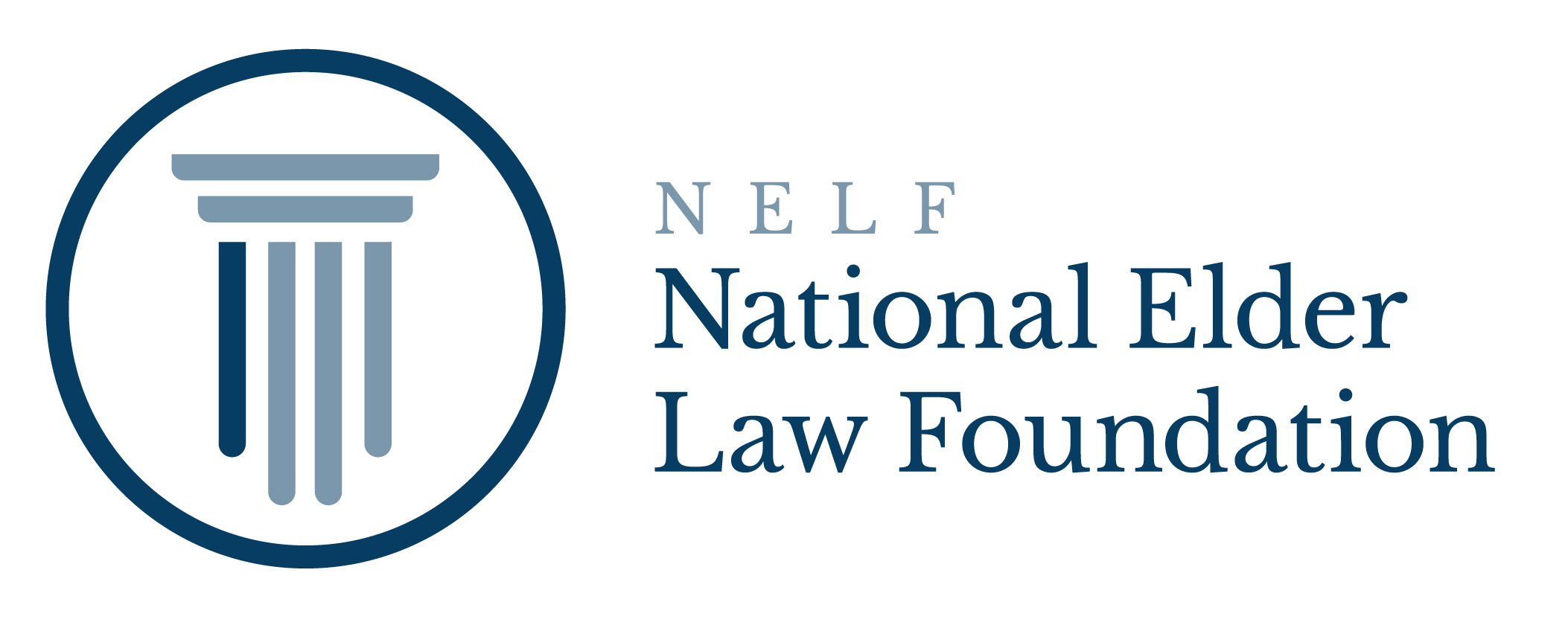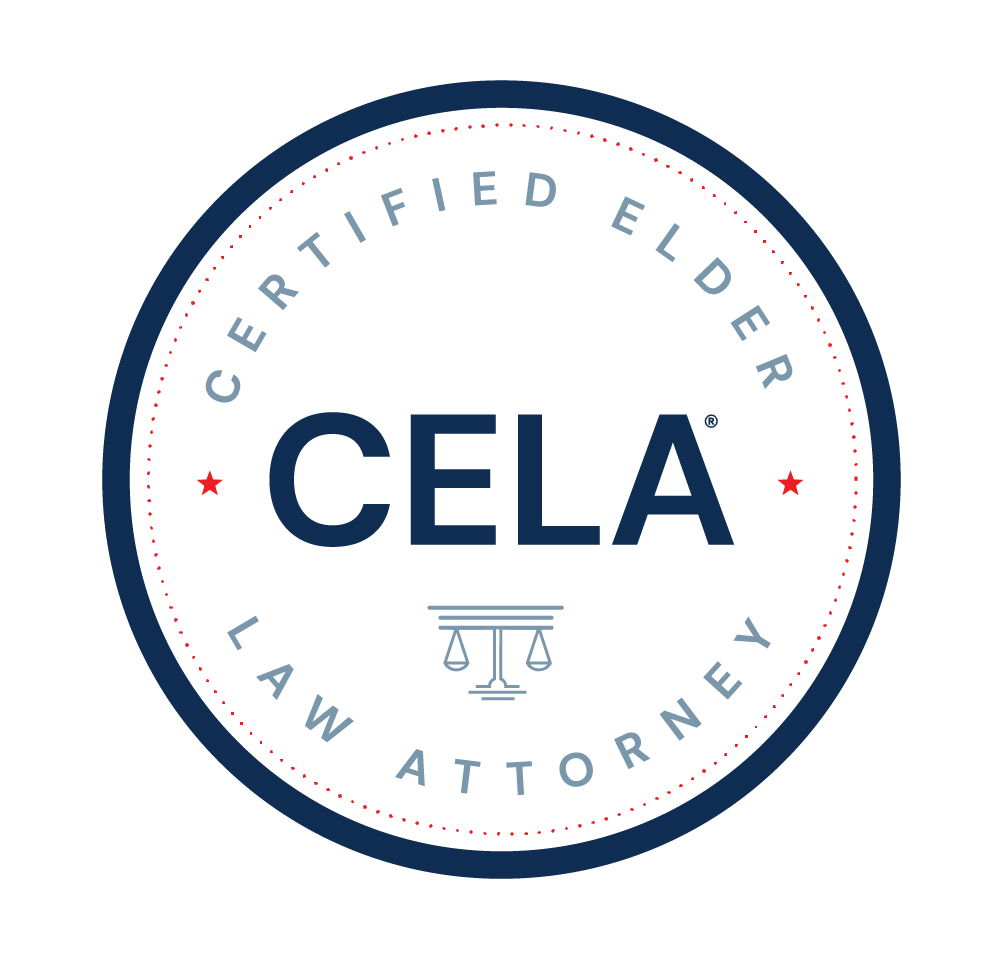End of Life Decision Making in Pennsylvania
By: Hazen Law Group
The following article is an overview of the federal and state laws dealing with end of life decision making.
Federal Patient Self Determination Act 1990 – 42 U.S.C. 1395a(a)
- Applies to all health care institutions receiving Medicare or Medicaid funding.
- All healthcare institutions receiving Medicare or Medicaid funding must:
- Provide written information to each individual concerning:
- The individual’s rights under State Law to make decisions concerning such medical care, including the right to accept or refuse medical or surgical treatment and the right to formulate advance directives; and
- The provider’s written policies with respect to implementation of the patient’s rights.
- Document in the individual’s medical record whether or not the individual has executed and advance directive.
- Not condition the provision of care or otherwise discriminate against an individual based on whether or not the individual has executed an advance directive.
- Ensure compliance with state law.
- Provide for education for staff and the community on issues concerning advance directives.
- Provide written information to each individual concerning:
Pennsylvania Advance Directive for Health Care Act: 20 Pa.C.S. §5401 et seq.
- Declaration
- Provides for individuals of sound mind who are 18 years of age or older, or who have graduated from high school or has married, to execute a declaration regarding the initiation, continuation, withholding or withdrawal of life-sustaining treatment.
- A physician or other health care provider who is furnished a copy of the declaration must make it a part of the declarant’s record, and must promptly notify the declarant if he or she is unwilling to comply with the expressed wishes.
- Providers cannot require any person to execute a declaration as a condition for being insured for or receiving health care services.
- Declaration becomes operative when:
- It is provided to the attending physician; and
- The declarant is determined by the attending physician to be incapacitated and in a terminal condition or state of permanent unconsciousness.
- A declaration may be revoked at any time and in any manner without regard to the declarant’s mental or physical condition.
- Liability
- No provider shall be subject to criminal or civil liability for following the wishes as expressed by the declarant.
- After diagnosing a terminal condition, the attending physician shall certify without delay that the declarant is in a terminal condition and arrange for confirmation from a second physician.
Out of Hospital Nonresuscitation: 20 Pa.C.S. §5401-A et seq.
- Prior to enactment of this Section, emergency personnel were required to provide life sustaining treatment even if a living will or advance directive was completed. This Section provides procedures for orders directing that emergency personnel not provide life sustaining treatment.
- An attending physician, upon the request of a patient who is at least 18 years of age, has graduated from high school or has married, or the patient’s surrogate if the surrogate is so authorized, shall issue to the patient an order for all emergency personnel to withhold all cardiopulmonary resuscitation, including cardiac compression, invasive airway techniques, artificial ventilation, defibrillation and other related procedures.
- The physician can issue a bracelet or a necklace which will clearly indicate OUT-OF-HOSPITAL DNR and the name of the patient and the attending physician.
In Re: Daniel Joseph Fiori, and adjudged incompetent, 543 Pa. 592; 673 A.2d 905 (1996).
- Issue was whether a close relative, with the consent of two physicians, may remove life sustaining treatment, without court involvement, from an adult relative in a persistent vegetative state where the adult has not executed an advance directive.
- Court findings:
- Right to refuse medical treatment has deep roots in our common law.
- The state’s interest in preserving life does not outweigh the right of a patient in a persistent vegetative state to refuse medical treatment.
- Where a patient in a persistent vegetative state has not left instructions as to life-sustaining treatment, “the only practical way to prevent the destruction of the PVS patient’s right to refuse medical treatment is to allow a substitute decision maker to determine what measures the PVS patient would have desired in light of the patient’s prognosis.”
- Close family members are “well-suited” to the role of substituted decision makers.
- Court involvement should be limited to situations where dispute resolution is needed.











